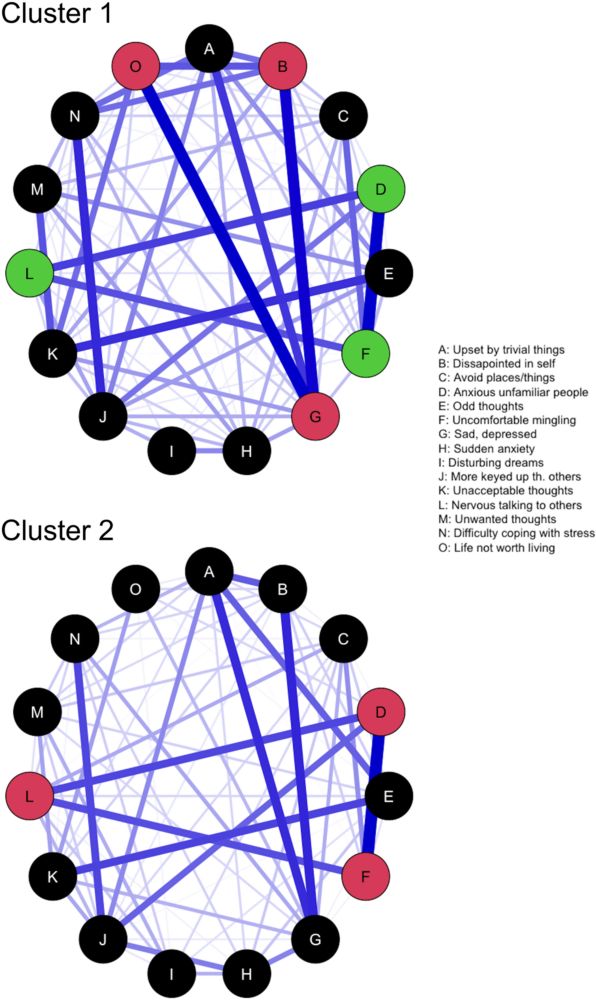https://www.oru.se/english/employee/magnus_karlsson-good
Academics who disagree are "overly cautious"

Academics who disagree are "overly cautious"
Accountability is required

Accountability is required




youtu.be/GvZO_Xy5SdM?...

youtu.be/GvZO_Xy5SdM?...
pmc.ncbi.nlm.nih.gov/articles/PMC...

pmc.ncbi.nlm.nih.gov/articles/PMC...
With current technology, it is impossible to tell whether survey respondents are real or bots. Among other things, makes it easy for bad actors to manipulate outcomes. No good news here for the future of online-based survey research

With current technology, it is impossible to tell whether survey respondents are real or bots. Among other things, makes it easy for bad actors to manipulate outcomes. No good news here for the future of online-based survey research
(Gelman, Vehtari and McElreath writing a book together)
(Gelman, Vehtari and McElreath writing a book together)
However, I have some reservations.
doi.org/10.1192/bjp....
However, I have some reservations.
doi.org/10.1192/bjp....

However, I have some reservations.
doi.org/10.1192/bjp....
However, I have some reservations.
doi.org/10.1192/bjp....

The new UK Adolescent Health Study will follow 100k young people (8–18yrs) for 10+ years. Please share what digital technology measures you think it should include.
Please complete this survey (by 24th November 2025 @ 9AM): cambridge.eu.qualtrics.com/jfe/form/SV_...
The new UK Adolescent Health Study will follow 100k young people (8–18yrs) for 10+ years. Please share what digital technology measures you think it should include.
Please complete this survey (by 24th November 2025 @ 9AM): cambridge.eu.qualtrics.com/jfe/form/SV_...






So, are you a (social) scientist struggling with this situation? A break between what you _want_ to study (a causal process) and what you feel you _can_ credibly study (a correlation)?
Here are some readings that might help. 👇
If you pay Nature € 10.690, they will publish this in Nature Ageing.
I can tell you what I think of that for free.
www.nature.com/articles/s43...


So, are you a (social) scientist struggling with this situation? A break between what you _want_ to study (a causal process) and what you feel you _can_ credibly study (a correlation)?
Here are some readings that might help. 👇

As a part of this paper, we also created the Transparent Statistical Reporting in Psychology checklist, which researchers can use to improve their statistical reporting practices
www.nature.com/articles/s44...

As a part of this paper, we also created the Transparent Statistical Reporting in Psychology checklist, which researchers can use to improve their statistical reporting practices
www.nature.com/articles/s44...

